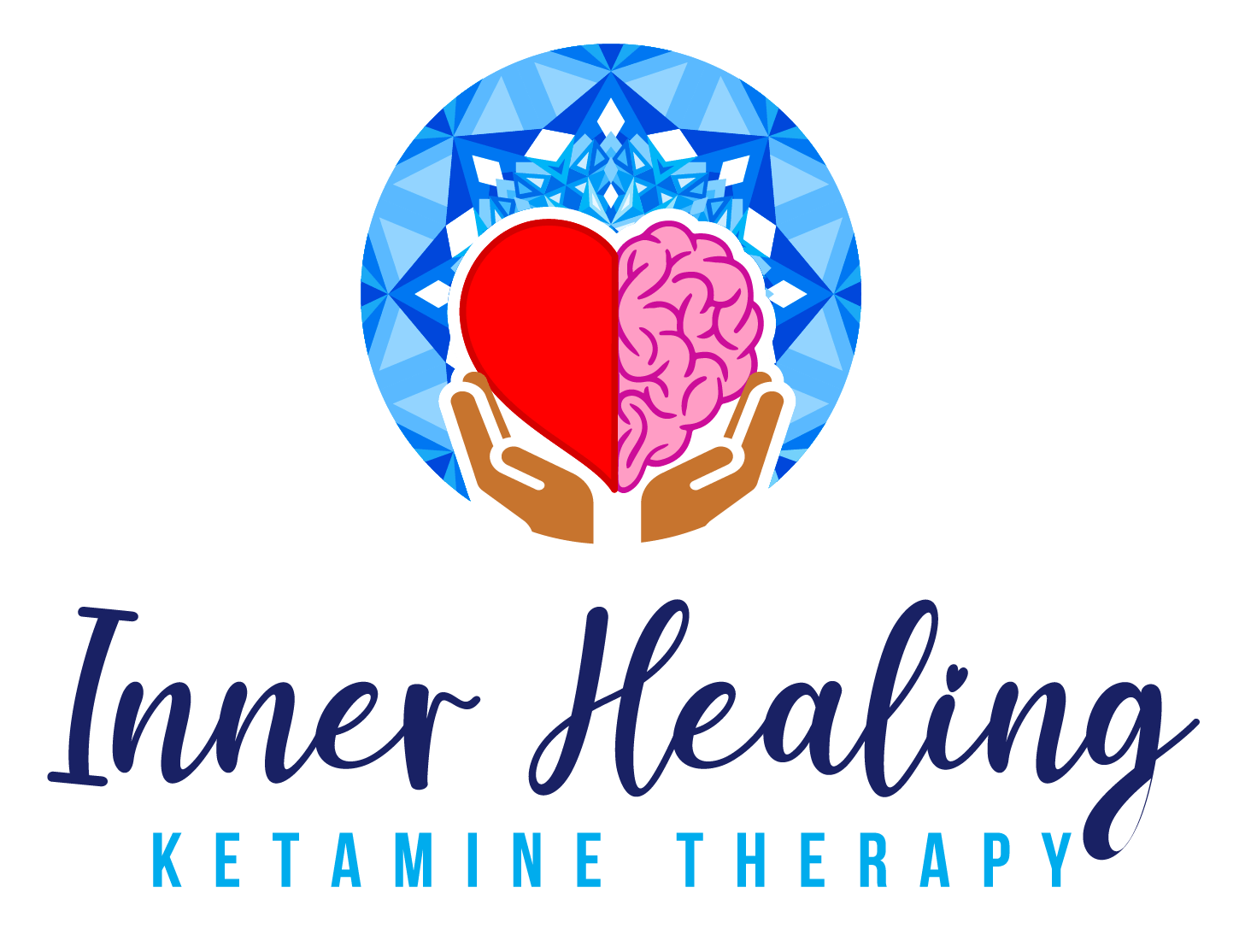If you have additional questions, please don't hesitate to contact us.
Eligibility + Helpful Information
Please read the information below to see if you have any conditions that can cause you to be ineligible for ketamine therapy. If you have any questions, please contact us.
Medical- allergy to ketamine, cardiovascular disease such as congestive heart failure or fast/irregular heart rate, uncontrolled high blood pressure, severe respiratory disorders, pregnancy, breast feeding, epilepsy, uncontrolled hepatic disease, and uncontrolled thyroid disease. If you have a medical condition that could pose a risk, you will be required to receive medical clearance from the provider who manages that condition.
Psychiatric Risk- History of psychosis, hallucinations, delusions. History of Schizophrenia. Personality disorders to include borderline personality disorder. Severe ptsd, active substance abuse. If history of substance abuse, must be sober for a minimum of 6 months. Suicidal ideation with intent and plan. Recent suicide attempt within the last 6 months. Currently in a manic state. History of multiple manic episodes and multiple suicide attempts.
Frequently Asked Questions
-
Is ketamine safe?
Ketamine is very safe. Your ketamine provider is BLS/CPR and ACLS certified. Blood pressure, heart rate, and oxygen level will be checked during your appointment.
-
Is ketamine addictive?
When taken as prescribed, ketamine is very safe and there is a very low chance of addiction. Like many substances, ketamine does have an abuse potential when not taken as prescribed. If there is suspicion that a patient is using ketamine as an escape from their problems or if a patient is not taking ketamine as prescribed, treatment will be stopped. Ketamine will not cause a physiologic dependence or withdrawal symptoms should it be stopped abruptly.
-
What will the ketamine experience be like?
Introspective, euphoric, dreamlike, and detached are just a few words that can describe a ketamine experience. Patients report entering a different reality, connecting with God, becoming one with the universe, speaking with loved ones who have passed on, or even ego death. You can also experience a distorted sense of time and visual hallucinations. You can feel completely dissociated from the world around you and like you do not exist in this world. Psychedelic means different things to different people but essentially it encompasses any changes in perception, mood or cognitive processes and all senses can be affected. A non-ordinary state of consciousness, or a psychedelic experience can be beautiful, insightful, and life changing.
-
What if I have a bad experience?
A challenging experience can and likely will eventually happen but think of it as that and welcome it. A challenging experience allows you to go through your darkness so that you can get to your light. Your ketamine provider will support and guide you through a challenging experience.
-
How long is the experience?
Plan to be in the clinic for 2 hours. The ketamine experience itself will last on average for 45-60 minutes. We take the first 30 minutes to prep for the experience and the last 30 minutes to integrate the experience.
-
What are some side effects I can have on the day of my treatment?
Nausea, vomiting, dizziness, blurry vision, difficulty thinking, difficulty speaking, and discoordination can all be experience on the day of your treatment. Medication is available to prevent and treat nausea. Being well hydrated can help diminish intensity of side effects.
-
How long will the positive effects of ketamine last and when will they be noticed?
Everyone will respond differently to treatment and the healing journey is not a linear process. Positive results can be expected to last anywhere from a few days to a few months and can be noticed as soon as your first treatment. Some patients may need three experiences to notice positive changes to mood, thought patterns, or behaviors. Do keep in mind that ketamine is not a cure all medication. It is a tool to help you do the introspective work and achieve healing.
-
How many treatments will I need?
It is recommended to have a minimum of 3-6 treatments weekly to bi-weekly. After these initial treatments, a patient can consider booster doses on an as needed basis. Booster doses should be limited to 1-2/month.
-
Can I eat or drink before my treatment?
You are required to fast for at least 4 hours before your treatment. Consider drinking an electrolyte beverage the day before, the day of, and the day after treatment. Try to minimize fluids 1 hour before your treatment.
-
What should I wear to my appointment?
Consider wearing comfortable clothing and shoes that are easy to walk in. Your provider will need access to your arms. A blanket and pillow will be provided to you for your treatment but feel free to bring your own if it will make you more comfortable.
-
Can I drive to my appointment, or can I drive home after my appointment?
You can not drive before or after your appointment. You will need to abstain from driving for at least 24 hours after your appointment. You will want to refrain from engaging in any activities that include a lot of focus and attention, use of heavy machinery, and refrain from signing any legal documents and making any major decisions for at least 24 hours after your treatment.
-
Can I stop my medications after I start ketamine treatments?
If you are considering stopping or decreasing the amount of medication you are currently taking, please discuss this with your prescribing provider. Many medications can cause withdrawal symptoms if stopped abruptly. Your ketamine provider will be happy to collaborate with your prescribing provider.
-
Can I stop attending sessions with my current therapist?
It is highly encouraged to attend weekly or bi-weekly psychotherapy sessions outside of ketamine treatments. Individual therapy, exercise, diet, and regular self-care all contribute to the positive effects of ketamine.
Contact info
1110 W. San Antonio St
New Braunfels, TX 78130
Sunday: Closed
Monday: 5:00pm-8:00pm CST
Tuesday: 5:00pm-8:00pm CST
Wednesday: Closed
Thursday: Closed
Friday: 2:00pm- 6:00pm CST
Saturday: 8:00am-6:00pm CST



